Forget mobile wallets, Brits are coveting fancy payment cards
Mobile phones are almost certainly how we’ll pay for things in the future. In China, even street performers and panhandlers now accept digital payments via phones. But for now, plastic is still popular in the west, and London-based financial upstarts are rolling out ever fancier, flashier cards to attract new customers.
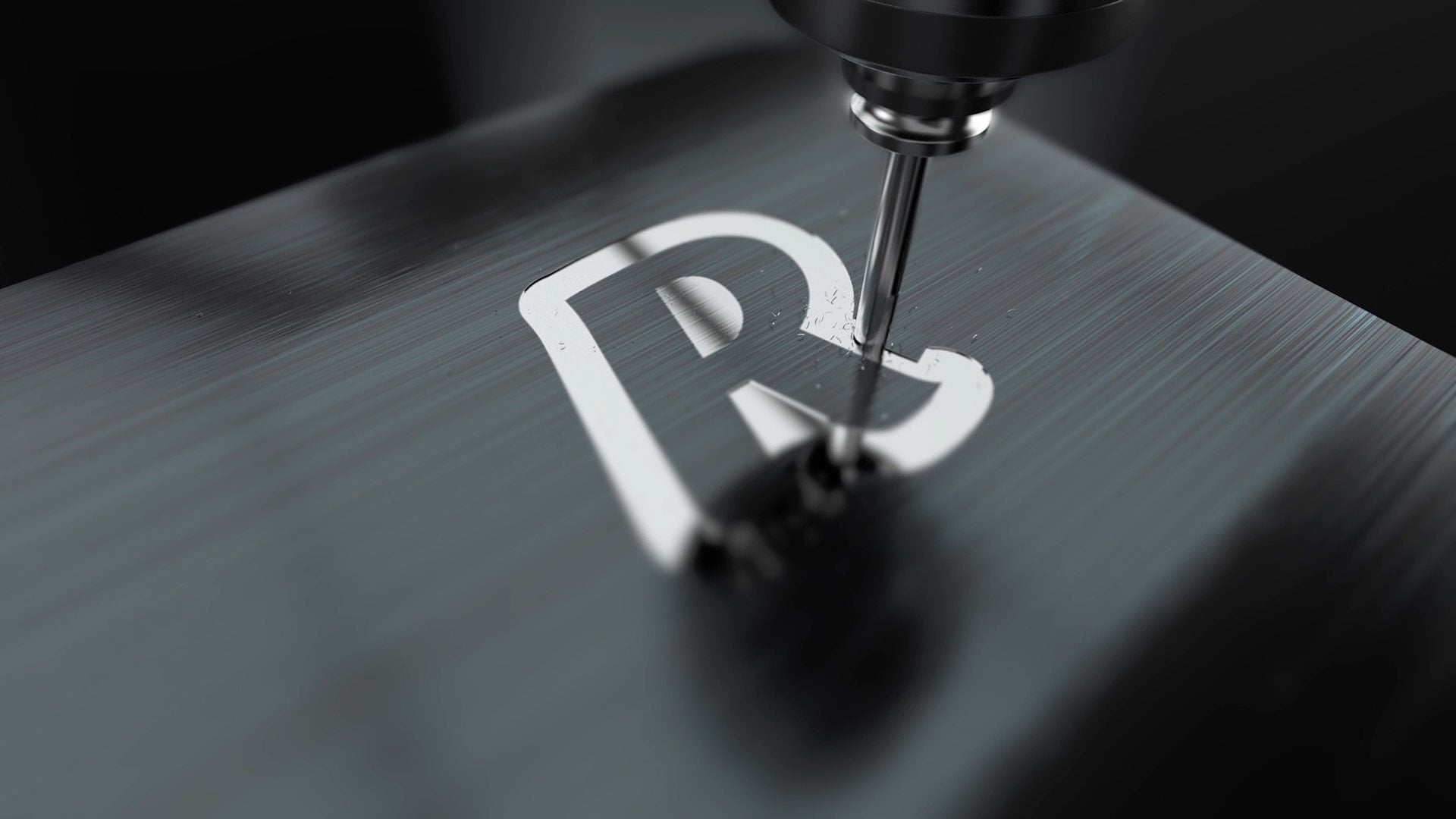

Mobile phones are almost certainly how we’ll pay for things in the future. In China, even street performers and panhandlers now accept digital payments via phones. But for now, plastic is still popular in the west, and London-based financial upstarts are rolling out ever fancier, flashier cards to attract new customers.
Revolut is the latest to launch a glitzy payment card, which is made of reinforced steel instead of plastic. It weighs three times more than a typical plastic card and was crafted “using a diamond drill bit,” according to a press release. “Paint particles have then been layered to the card using a physical vapour deposition, with customers’ details etched onto the card using a high precision laser,” the company said.
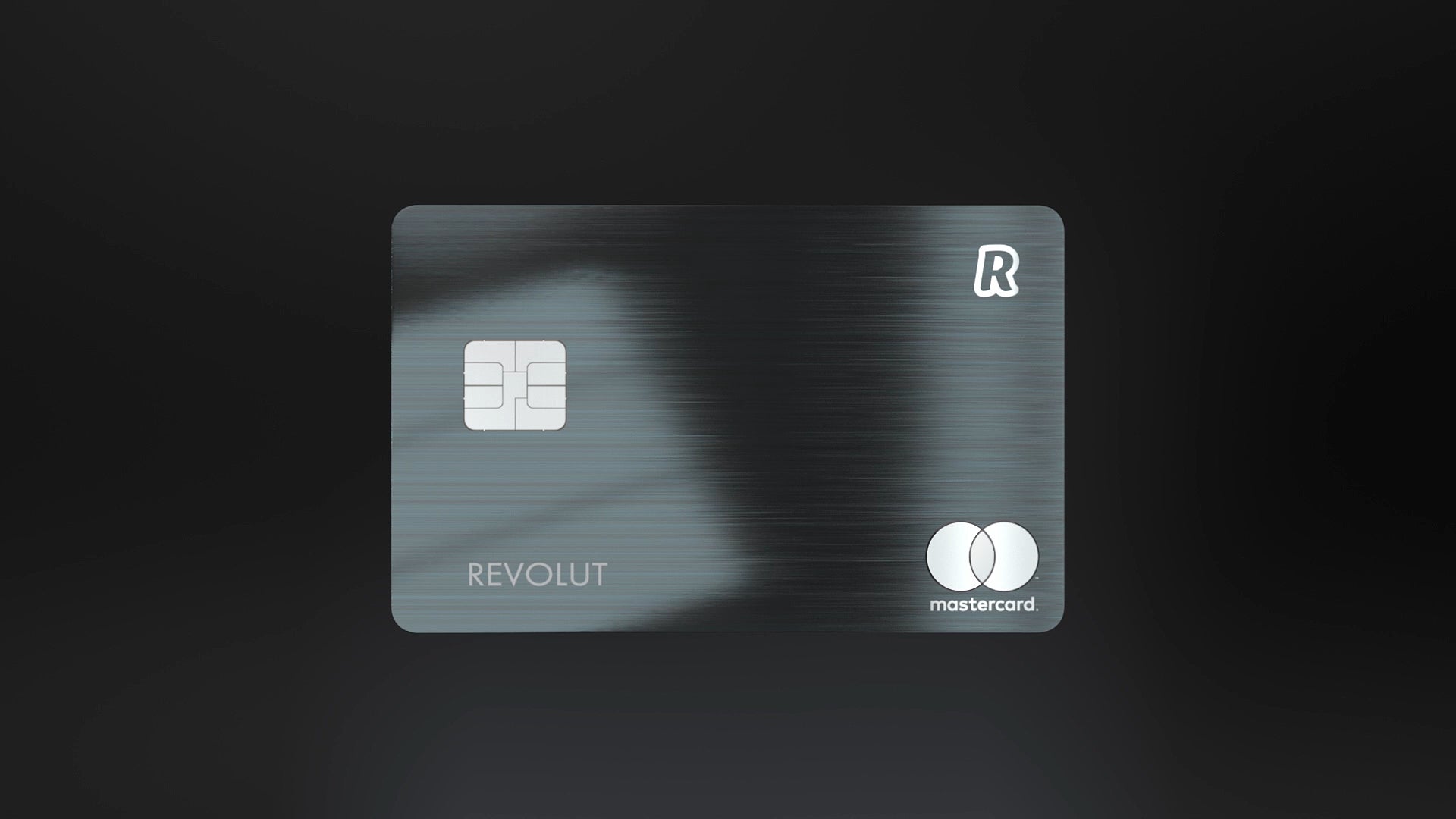
While Revolut already offers a premium service for £6.99 ($9.01) per month, Revolut Metal is another step up and costs £12.99 a month. It comes with extra perks like up to 1% cashback on transactions outside of Europe, payable in a range of fiat money or cryptocurrencies, and a concierge service for booking things like flights and festival tickets.
Fancy cards are de rigueur for London’s fintech firms. The neon orange card issued by Monzo has reportedly made its way into pick-up lines between London hipsters. Besides providing conversation fodder, cards issued by these financial upstarts typically provide cheaper foreign-exchange rates for purchases and ATM withdrawals than the ones issued by more traditional banks.
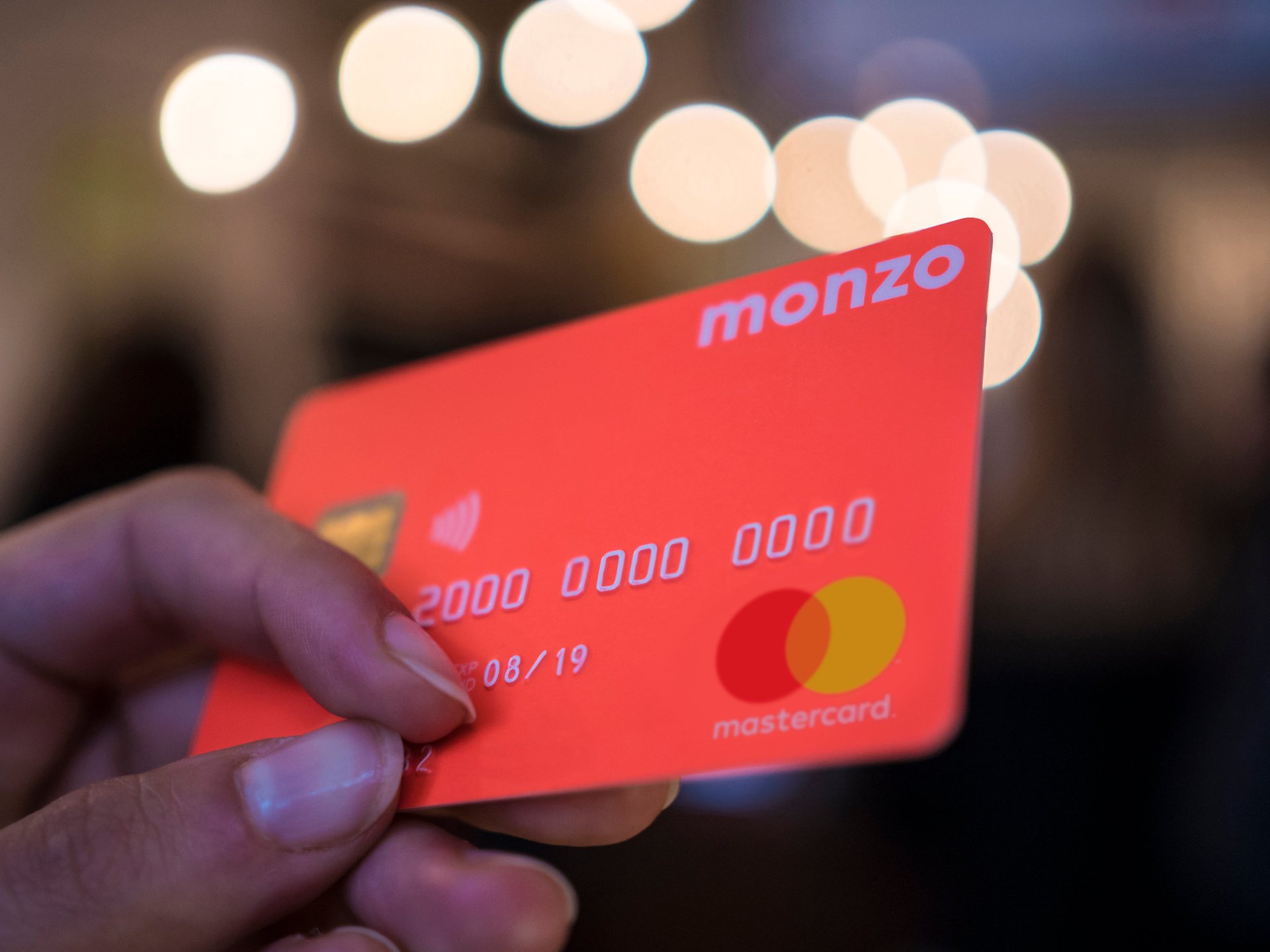
Last month, Starling Bank debuted vertical, or portrait, cards in teal and navy. Cards were originally designed in a landscape format because they used to be swiped; they had raised, embossed numbers that could be printed onto a sales receipt. But Mark Day, Starling’s art director, pointed out that cards are used in portrait these days, whether at ATMs or when they’re tapped on a contactless card machine to buy a coffee.
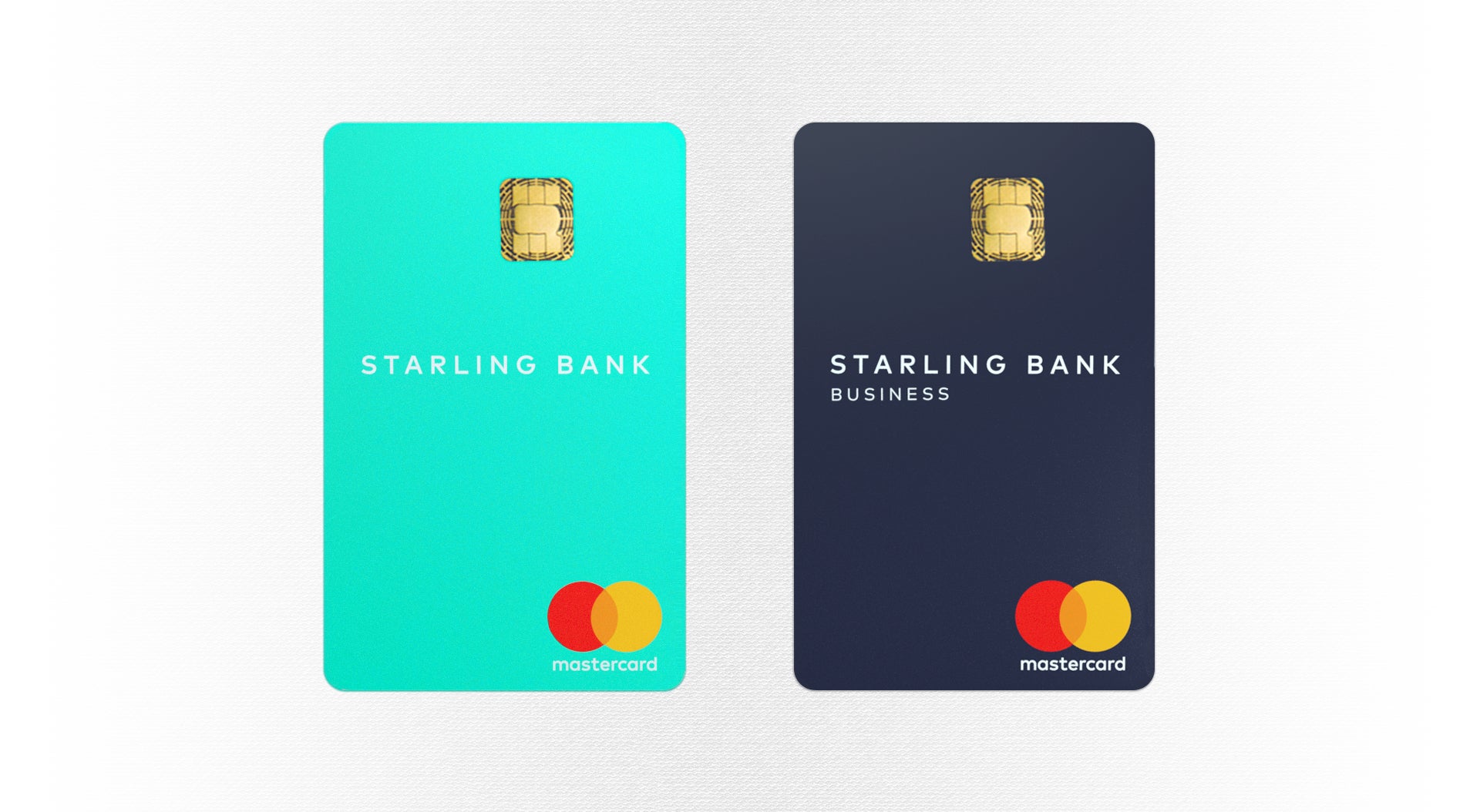
TransferWise launched a neon green debit card in January. It looks cool, but the London-based money transfer company says it started the service as a practical matter, because getting a “bank account abroad is difficult, time-consuming, and expensive,” and is a problem for the likes of freelancers and students who work and live in more than one country. The company’s borderless account is quick to set up and available to anyone.
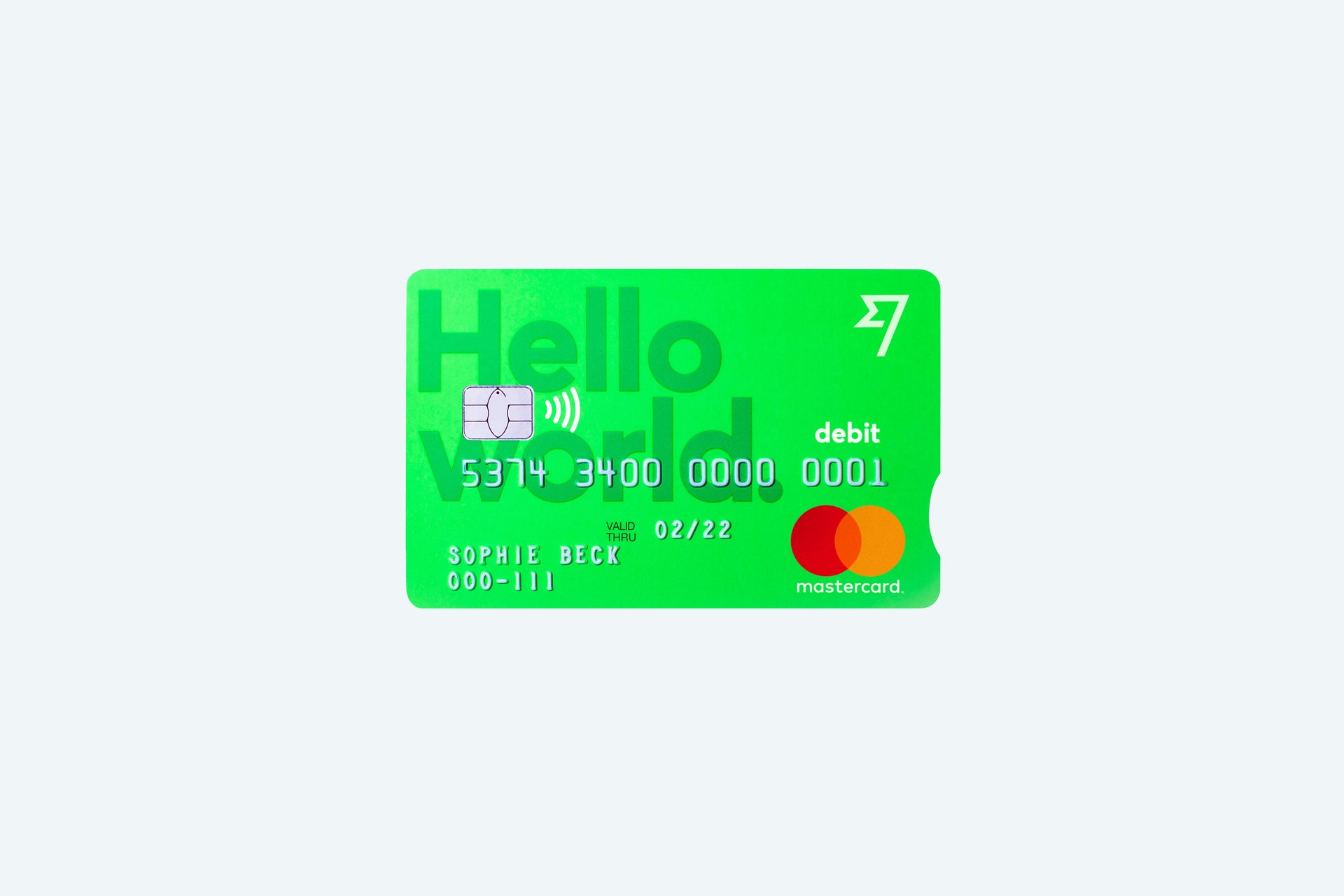
While the credit card has roots that go back almost a century, Revolut thinks the physical rectangles have staying power for a few more years, even as more of people’s financial lives go digital.
“In Europe, we’re seeing more innovation and creativity as our card use changes,” said a Revolut spokesman. “We don’t need to emboss them anymore with card numbers, sort codes, account numbers and names. Everything can be removed or hidden, which provides more space for interesting ideas. I’m sure we’ll see a few more crazy designs before we go fully mobile!”